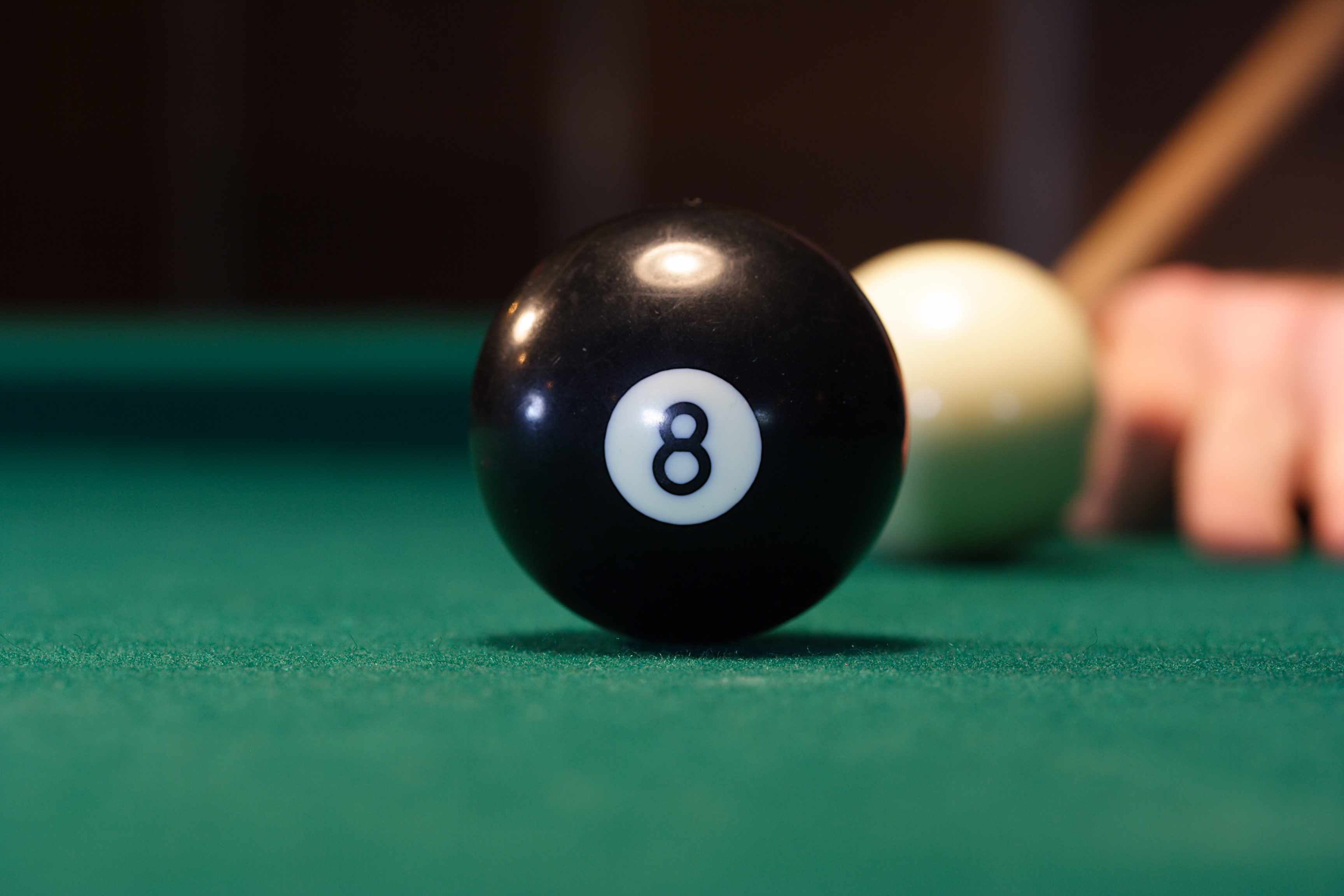How To Something Your Rules Of 9 Ball Billiards
페이지 정보
작성자 Kristopher 작성일24-12-31 18:22 조회3회 댓글0건본문

In straight pool, a third successive foul results in a loss of 16 points (15 plus one for the foul). In some games such as straight pool, a foul results in a loss of one or more points. In many pool games the penalty for a foul is ball-in-hand anywhere on the table for the opponent. See the Eight-ball and Eight-ball pool (British variation) main articles for the games. One of the most famous players of the game is Grady "the Professor" Mathews, who has written articles and published a number of instructional videos on the game. Now you can begin the game by tossing a coin to decide who goes first. The Break - Begin by tossing a coin to decide who goes first. One-pocket was the main game featured in the 2007 film, Turn the River, the story of a female pool hustler who plays high-stakes pool. Unlike in many games, shots are always taken in rotation - the same player or team never shoots twice in a row even if they have scored (other than if the opponent fouled before actually shooting when their turn came up, such as by moving one of the balls accidentally).
In some games, three successive fouls in a row is a loss of game. Originating in England, it is an amalgamation of a number of different games, including the ‘winning and losing carambole game’. In one-pocket, in which a set number of balls must be made in a specific pocket, upon a foul the player must return a ball to the table. 4.1 VS Mode: Player vs. Handicapping one player by allowing points to be scored on bank and kick shots only is a particularly challenging spot, as the free-scoring opponent has a much greater variety of options for both balls to pocket and safeties (defensive positioning of the cue ball after a shot) to play against the opponent. The first player to pocket the 9 ball is the winner. Also free shot. A situation where a player has fouled, leaving the opponent snookered. In UK eight-ball this would normally give the opponent the option of one of two plays: (1) ball-in-hand with two shots; (2) being allowed to contact, or even pot, a ball other than one from their set from the snookered position (although the black may not be potted), with the loss of the first shot.
Pub pool usually consists of minor local variations on one of these two standardised rule sets. For the first step you had to build a machine that sets up the initial condition. This project went well, and finally made up a machine that could arrange the balls in the triangular shape. So now you are trying to build another machine that fixes the order of balls by swapping them. 9 ball pool has been around for some time now. The books, now out of print, often sell on the used market for over US$200 each. Whether you’re just starting out or looking to take your game to new heights, a solid grasp of the rules, game variations, and strategies will set you on the path to success. Erring too much in this direction is "missing on the professional side of the pocket." It is so called because experienced players understand that on a thin cut, overcutting the object ball to a corner pocket will far more often leave the object ball in an unfavorable position, i.e. along the short rail for the incoming opponent than will an undercut, which often leaves the object ball sitting in front of or nearby the pocket it had been intended for on a miss.
All of the opponent's balls must be made in the other foot corner pocket. It is the opponent's right to ask which ball and pocket if he is unsure of the shot. The breaker must strike the 1-ball first and either pocket a ball or drive at least four numbered balls to the rail. Nine-Ball is played with nine object balls numbered one through nine and a cue ball. Uses a set of striped and solid numbered balls. Uses a set of yellow and red balls. Also yellow(s), the yellow(s). The following is a glossary of traditional English-language terms used in the three overarching cue sports disciplines: carom billiards referring to the various carom games played on a billiard table without pockets; pool, which denotes a host of games played on a table with six pockets; and snooker, played on a large pocket table, and which has a sport culture unto itself distinct from pool. Well known one pocket players and commentators such as Hall of famer Danny DiLiberto, Accu-Stats host Billy Incardona, and Mosconi Cup coach Jeremy Jones have often compared the game to chess, with a beginning, middle, and end game, and similar strategic elements. The long-rail side of a corner pocket.
If you cherished this short article and you would like to get a lot more information about Rules of 9 Ball Billiards kindly take a look at our web-site.


